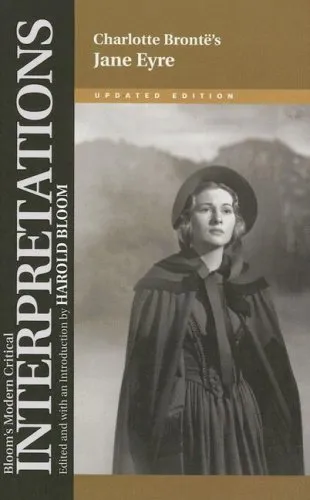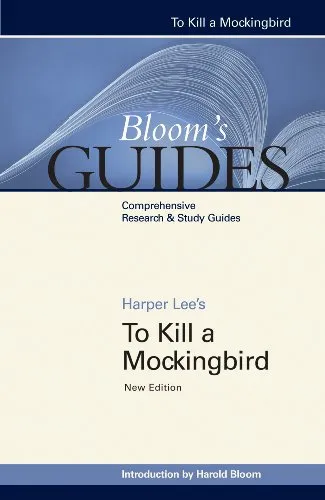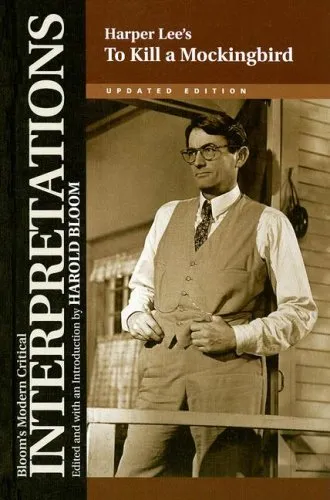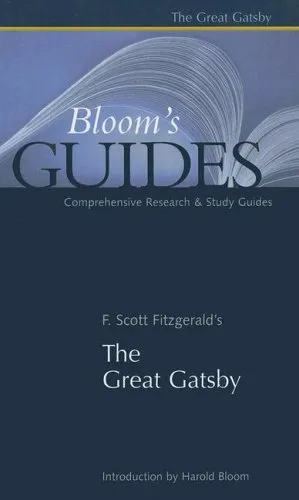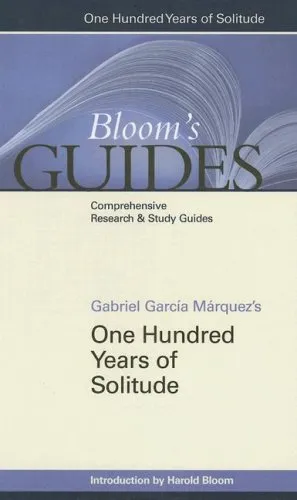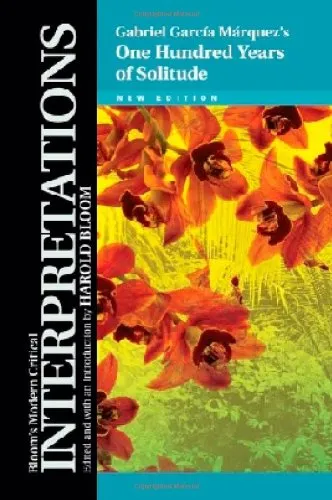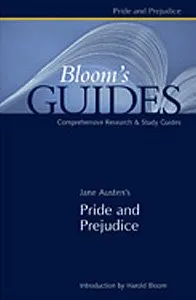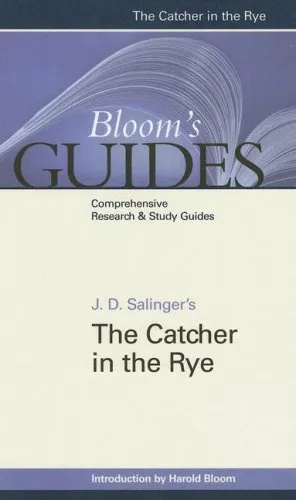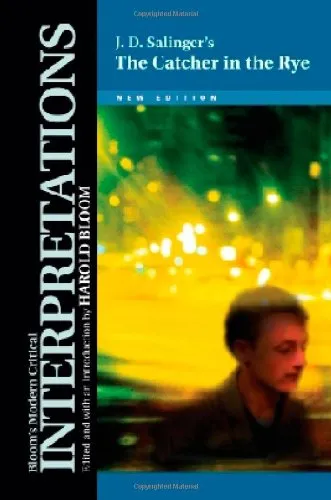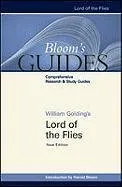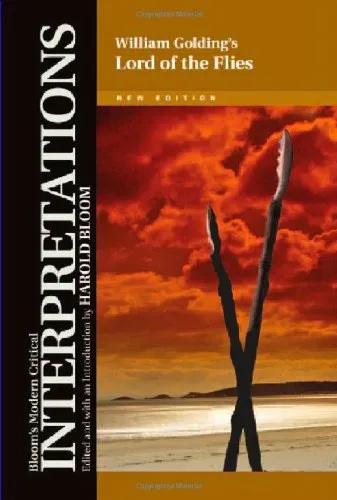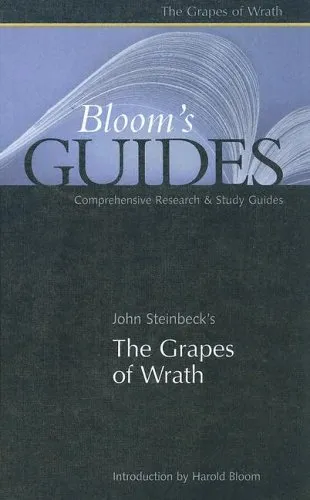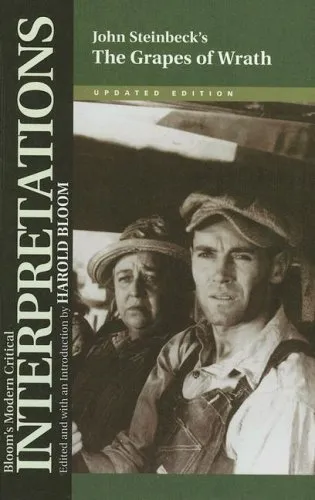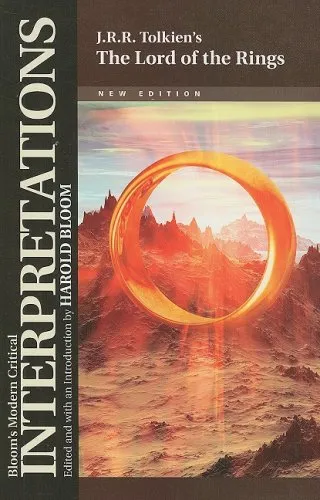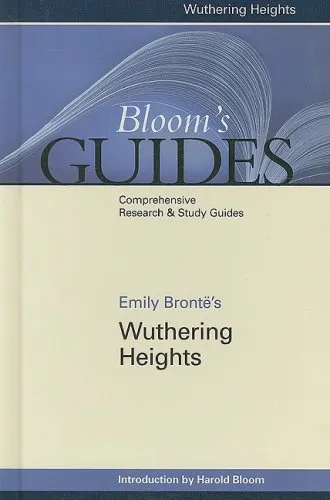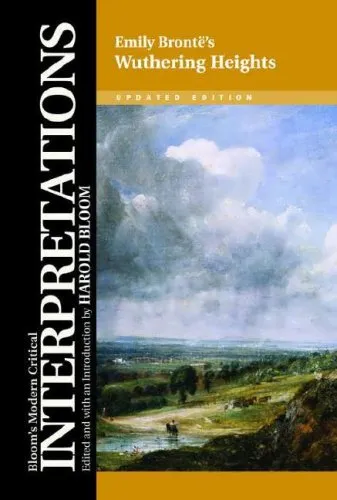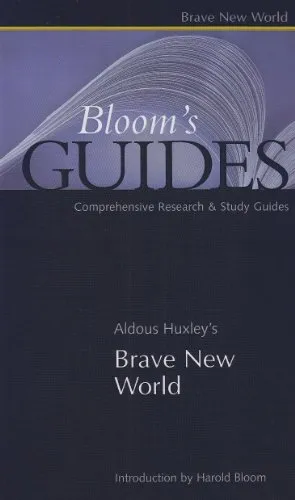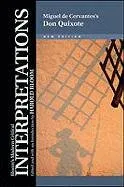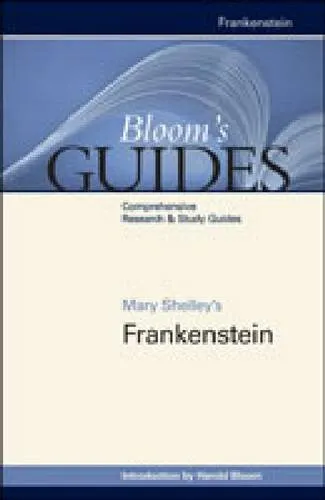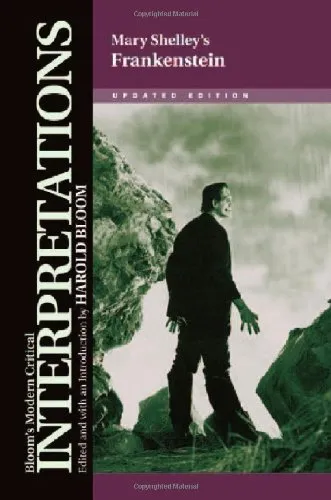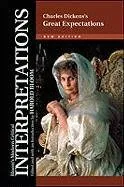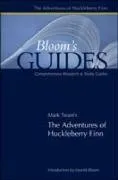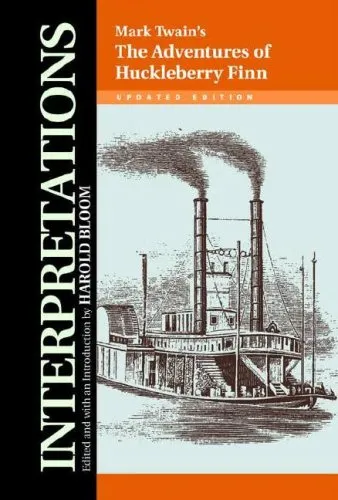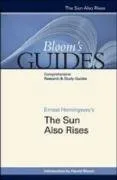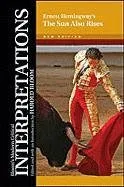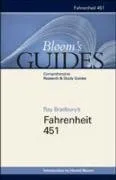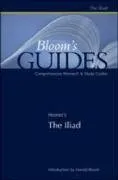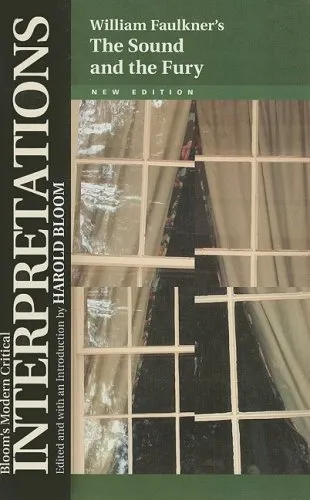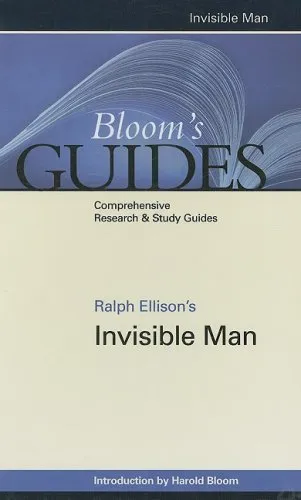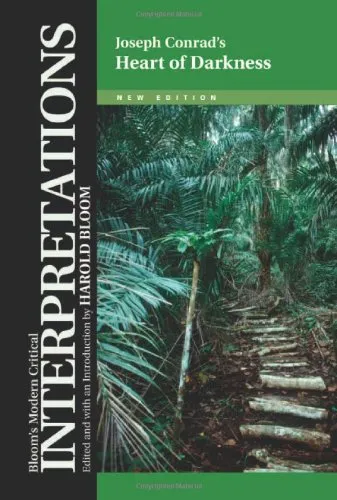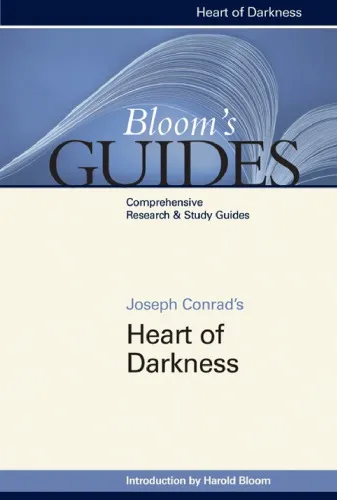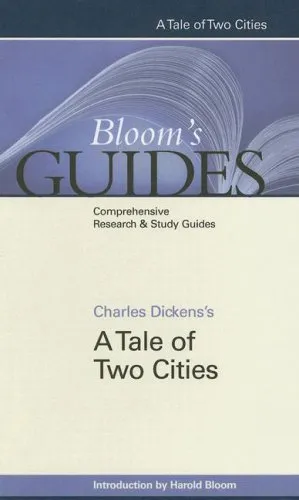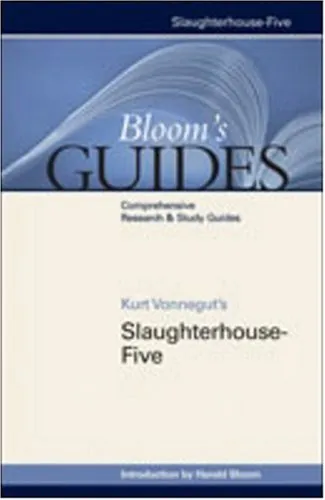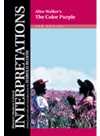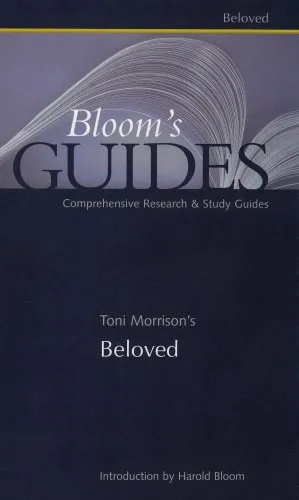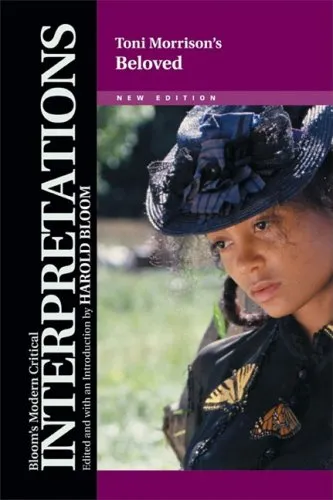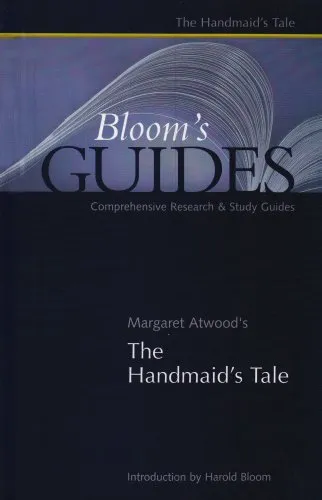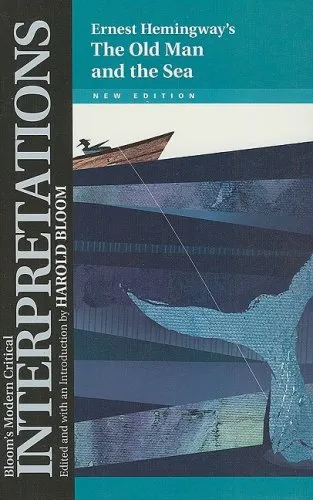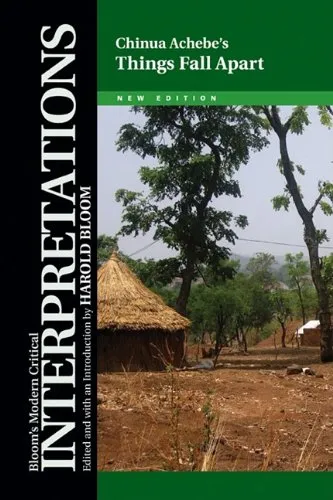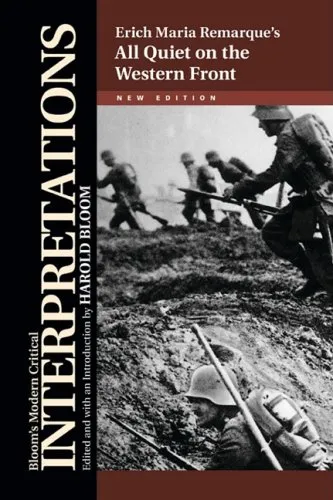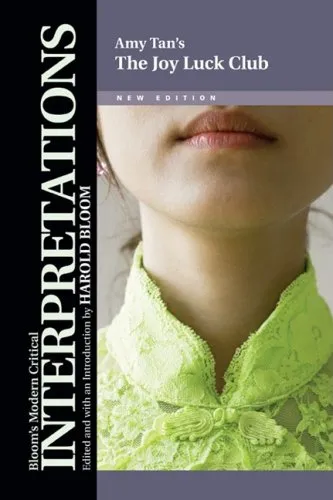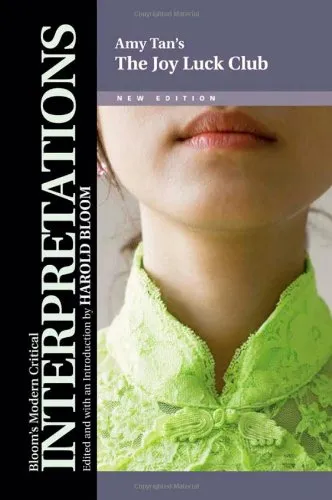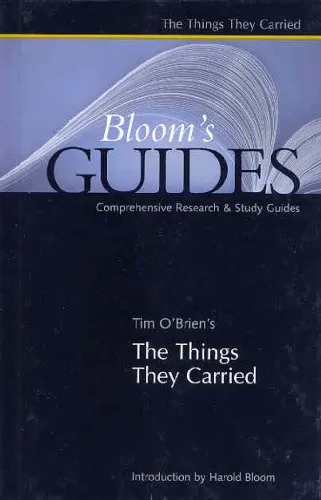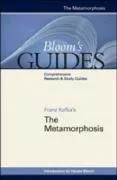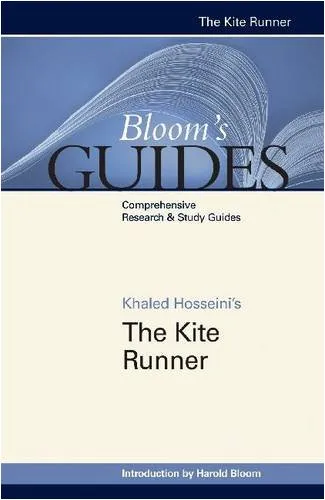Charlotte Bronte's Jane Eyre (Bloom's Modern Critical Interpretations)
4.2
Reviews from our users

You Can Ask your questions from this book's AI after Login
Each download or ask from book AI costs 2 points. To earn more free points, please visit the Points Guide Page and complete some valuable actions.Related Refrences:
Persian Summary
Welcome to the intricate world of "Charlotte Brontë's Jane Eyre," meticulously examined and interpreted through the lens of modern criticism in "Bloom's Modern Critical Interpretations."
Detailed Summary of the Book
In "Jane Eyre," Charlotte Brontë weaves a rich tapestry of Victorian themes interlaced with Gothic elements and the relentless quest for identity and self-respect. The novel follows the titular character, Jane Eyre, from her oppressive childhood at Gateshead under her cruel aunt’s care to her education at Lowood School, where she forges her resilience amidst an environment of deprivation and mortality. As a young woman, Jane becomes a governess at Thornfield Hall, a place shadowed by hidden secrets and profound emotional experience. It's here that she meets the enigmatic and brooding Mr. Rochester, whose mysterious past is pivotal to Jane’s moral and emotional development. The psychological complexity of the characters, the intricacies of the plot, and the passionate discourse on social justice and gender roles render "Jane Eyre" a masterpiece that continually captivates and provokes academic dialogue and interpretation.
Key Takeaways
-
Brontë challenges the constraints placed on women in the 19th-century society, portraying Jane as a proto-feminist heroine who defies societal expectations.
-
The novel melds elements of realism, romance, and Gothic fiction to present a compelling narrative that remains relevant across generations.
-
Through Jane's journey, Brontë explores themes of morality, social class, love, religion, and redemption. The intense focus on inner emotional turbulence and personal growth highlights the novel’s psychological depth.
-
"Jane Eyre" is not only a personal odyssey of its protagonist but also a social commentary on issues of class and gender, underpinned by a call for reform.
Famous Quotes from the Book
"I am no bird; and no net ensnares me: I am a free human being with an independent will."
"Do you think I am an automaton? – a machine without feelings? ... Do you think, because I am poor, obscure, plain, and little, I am soulless and heartless?"
"I can live alone, if self-respect, and circumstances require me so to do. I need not sell my soul to buy bliss."
Why This Book Matters
"Jane Eyre" holds an imperishable place in English literature due to its groundbreaking exploration of the inner moral and emotional world of a woman navigating the rigid social structures of 19th-century England. The novel's innovative narrative style, including its use of the first-person narrative and the deep psychological insight into its protagonist, set it apart as a pioneering work. Its enduring themes of personal integrity and social criticism resonate with contemporary readers, offering rich insights into the human condition. In "Bloom's Modern Critical Interpretations," this classic is dissected through sophisticated modern critical perspectives that illuminate Brontë's ingenious storytelling and multifaceted character development. This book not only enriches the reader’s understanding of the narrative but also exemplifies the enduring relevance and influence of "Jane Eyre" in literary scholarship.
Free Direct Download
You Can Download this book after Login
Accessing books through legal platforms and public libraries not only supports the rights of authors and publishers but also contributes to the sustainability of reading culture. Before downloading, please take a moment to consider these options.
Find this book on other platforms:
WorldCat helps you find books in libraries worldwide.
See ratings, reviews, and discussions on Goodreads.
Find and buy rare or used books on AbeBooks.
1593
بازدید4.2
امتیاز0
نظر98%
رضایتReviews:
4.2
Based on 0 users review
Questions & Answers
Ask questions about this book or help others by answering
No questions yet. Be the first to ask!
